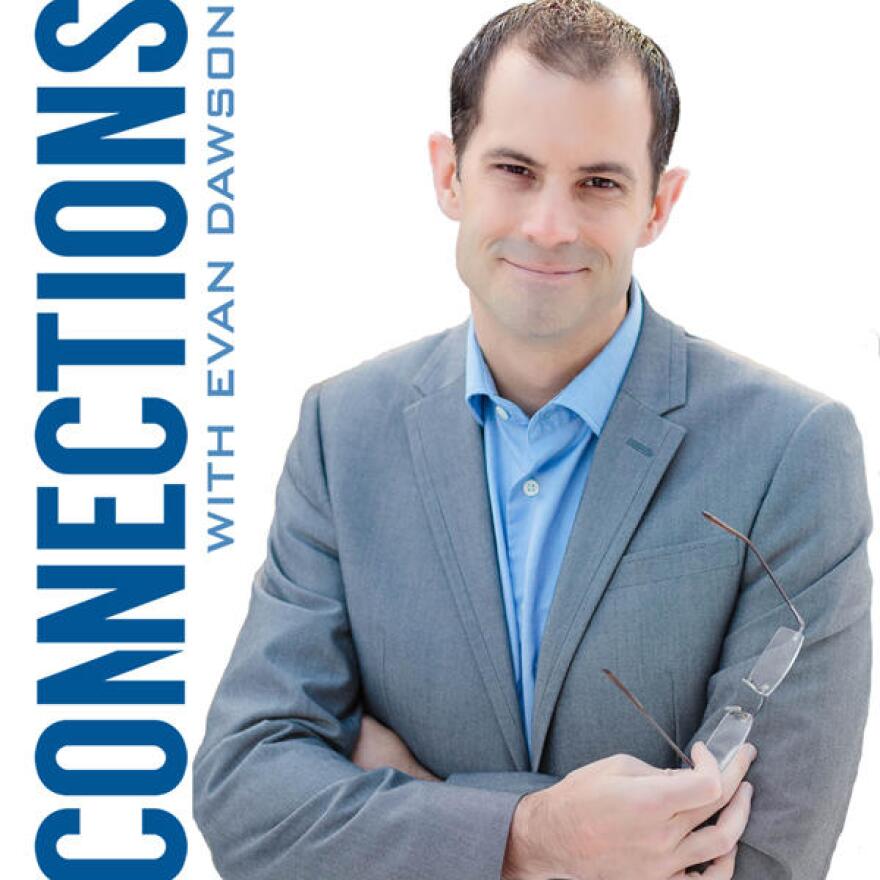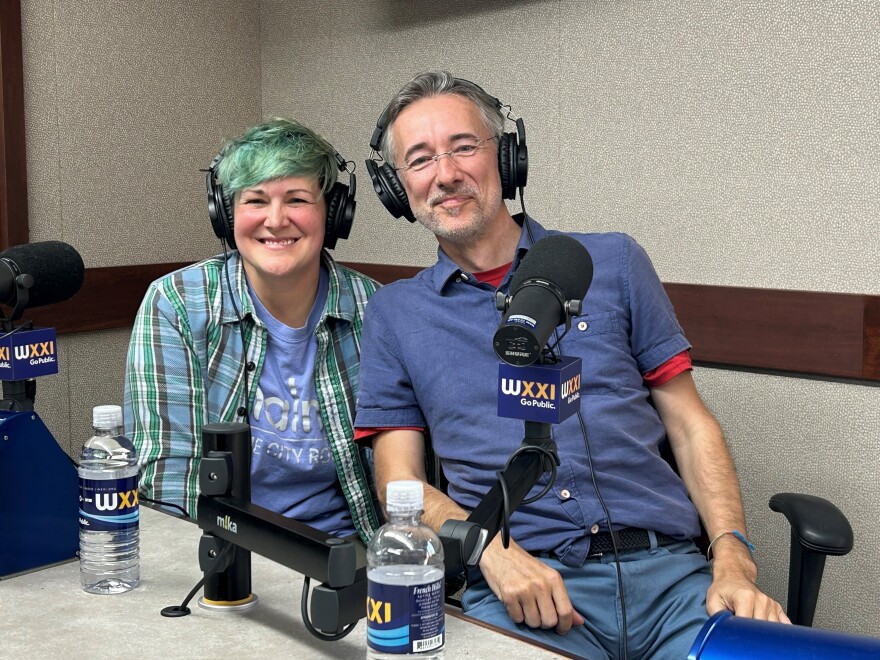
Is restorative justice an effective model for addressing conflict and crime, both on a small scale and in large-scale international situations? Dominic Barter says creating a restorative system that reflects the community is a community-building process in itself. Barter has studied and taught restorative justice for decades. He created Restorative Circles in the favelas of Brazil in the mid-1990s. The process brings together the different parties in conflict and enables them to talk as equals. His method has been used by groups throughout the world, including the United Nations.
Barter is in town as a guest of the M.K. Gandhi Institute for Nonviolence. We talk with him about his work, how it can be applied, skepticism and criticism of the process, and what people and organizations can learn from Restorative Circles. Our guests:
- Dominic Barter, creator of Restorative Circles, and coordinator of the Restorative Justice Project for the international Center for Nonviolent Communication
- Gwen Olton, co-director of the M.K. Gandhi Institute for Nonviolence, and author of “From Conflict to Community: Transforming Conflicts without Authorities"




